Key Points
- Business leaders like Aliko Dangote and Mike Adenuga shape Nigeria’s economy through industrial expansion, telecommunications, and energy investments.
- Cement, telecom, and oil ventures dominate Nigeria’s richest businessmen’s portfolios, expanding influence beyond the country’s borders.
- Nigeria’s wealthiest magnates invest in education, healthcare, and entrepreneurship, balancing business success with social impact.
Nigeria, Africa’s fourth-largest economy with a GDP exceeding $360 billion, is home to some of the most influential business leaders on the continent. In a country of over 220 million people, where oil, banking, telecommunications, and manufacturing shape economic fortunes, wealth isn’t just measured in numbers—it’s a force that drives industries, creates jobs, and reshapes entire sectors.
From cement and construction to telecoms and finance, Nigeria’s richest businessmen have built empires that extend far beyond the country’s borders. At the helm are figures like Aliko Dangote, Mike Adenuga, and Abdul Samad Rabiu, whose billion-dollar enterprises define the landscape of African commerce. Their ability to navigate shifting economic policies, currency fluctuations, and inflationary pressures speaks to a deep understanding of both opportunity and risk.
Yet, their impact isn’t confined to boardrooms and balance sheets. Dangote’s industrial ventures feed into infrastructure development, Adenuga’s telecom networks connect millions, and Rabiu’s manufacturing footprint bolsters domestic production. They are not just business leaders; they are architects of modern Nigeria, shaping the economy through strategic expansion, investment, and resilience.
Still, wealth in Nigeria remains a subject of debate. As these magnates amass fortunes, economic disparity continues to challenge millions of Nigerians facing rising living costs. Some see their success as a reflection of an economy that rewards ambition; others question the growing divide. What is undeniable, however, is their role in philanthropy—pouring resources into education, healthcare, and entrepreneurship in an effort to create broader economic opportunities.
Billionaires.Africa takes a closer look at Nigeria’s richest businessmen in 2025—their net worth, business ventures, and the lasting influence they wield in shaping the country’s economic future.
- Aliko Dangote
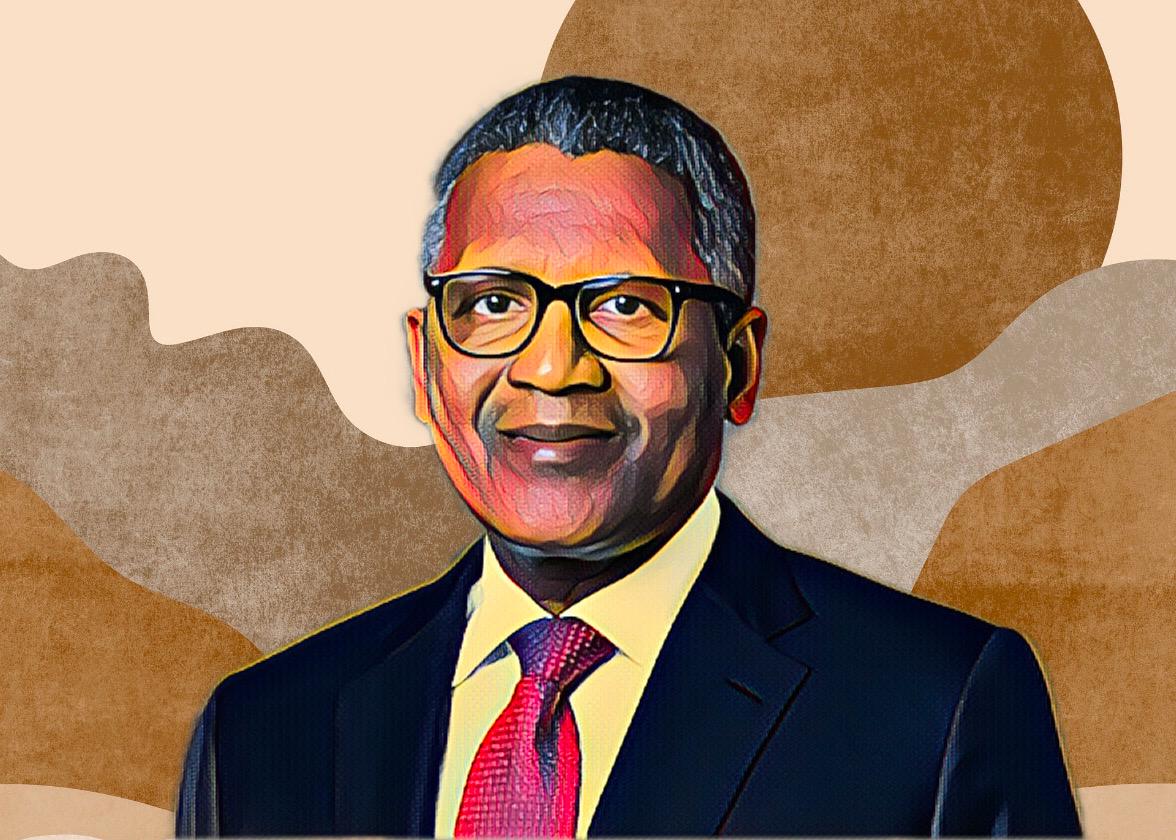
Net Worth: $10.9 billion
Sector: Manufacturing, Infrastructure, Energy and Diversified Investments
Aliko Dangote, Nigeria’s richest man, built his wealth through Dangote Group, a vast industrial empire spanning cement, sugar, flour, and now oil refining. His 86.81 percent stake in Dangote Cement—Africa’s largest cement producer—remains the backbone of his fortune. But his ambitions stretch far beyond construction materials. In 2024, he launched the Dangote Petrochemical Complex, home to the world’s largest single-train refinery, with a refining capacity of 650,000 barrels per day. The project is set to revolutionize Nigeria’s energy sector, reducing fuel imports and reshaping the country’s balance of trade. His influence extends across banking, infrastructure, and manufacturing, making him a dominant force in Africa’s economic development. Forbes values his net worth at $1.9 billion, but that estimate excludes his stake in the $20 billion Dangote Oil Refinery—suggesting his true fortune is significantly higher.
- Mike Adenuga
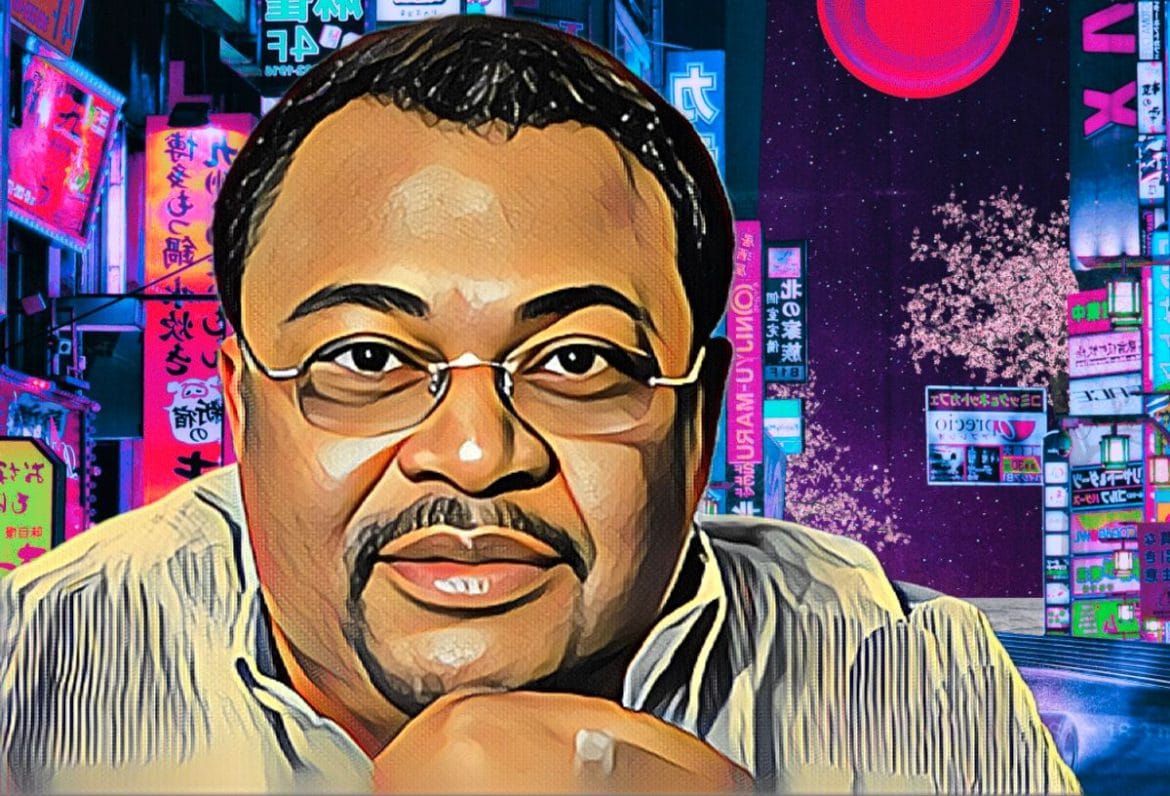
Net Worth: $6.9 billion
Sector: Telecommunications, Oil & Gas, Real Estate, Banking, Construction
Mike Adenuga, Nigeria’s second-richest man, built his fortune on telecommunications and oil. He owns Globacom, the country’s second-largest telecom operator with nearly 60 million subscribers and the Glo-1 submarine cable, a $1.5 billion infrastructure linking Nigeria to the UK. In oil and gas, he controls Conoil Producing, one of Nigeria’s leading indigenous oil companies, pumping 20,000 barrels per day. His business empire spans multiple industries, from banking to real estate. He owns Conoil Plc (oil marketing), Cobble-Stone Properties & Estates (luxury real estate), Sterling Financial Holding, and a 25.1 percent stake in Julius Berger Nigeria Plc, solidifying his influence in infrastructure development.
- Abdul Samad Rabiu
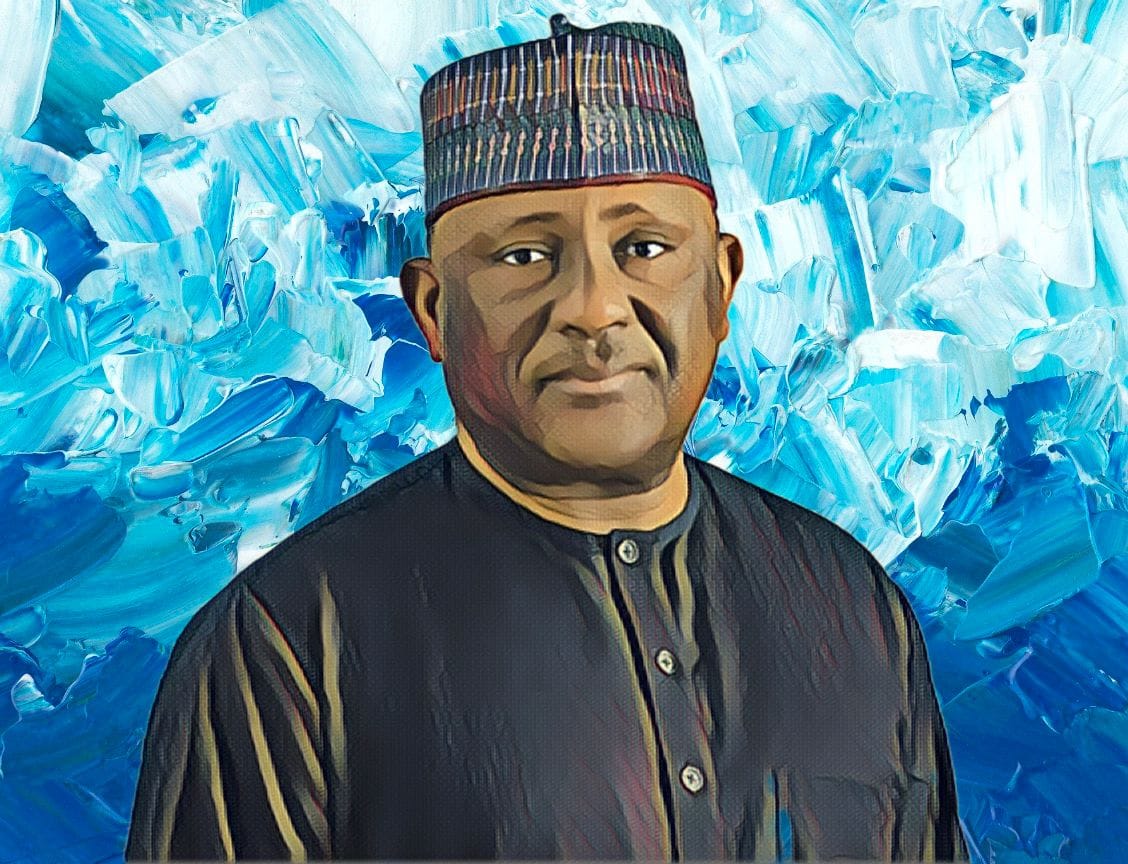
Net Worth: $5.1 billion
Sector: Manufacturing, Infrastructure, Mining, and Real Estate
Abdul Samad Rabiu transformed BUA Group into one of Africa’s most formidable industrial conglomerates. His wealth comes from BUA Cement—Nigeria’s second-largest cement producer—and BUA Foods, a powerhouse in the country’s consumer goods sector. In 2020, Rabiu merged his Obu Cement Company with Cement Co. of Northern Nigeria to form BUA Cement Plc, a $2.1 billion giant listed on the Nigerian Exchange. He later took BUA Foods public, further consolidating his influence. His empire extends into ports, mining, steel, and real estate. Beyond business, Rabiu is a major philanthropist. In 2022, he launched Nigeria’s largest private security support fund with a $23.8 million donation and continues to fund education through the ASR Africa initiative.
- Adebayo Ogunlesi
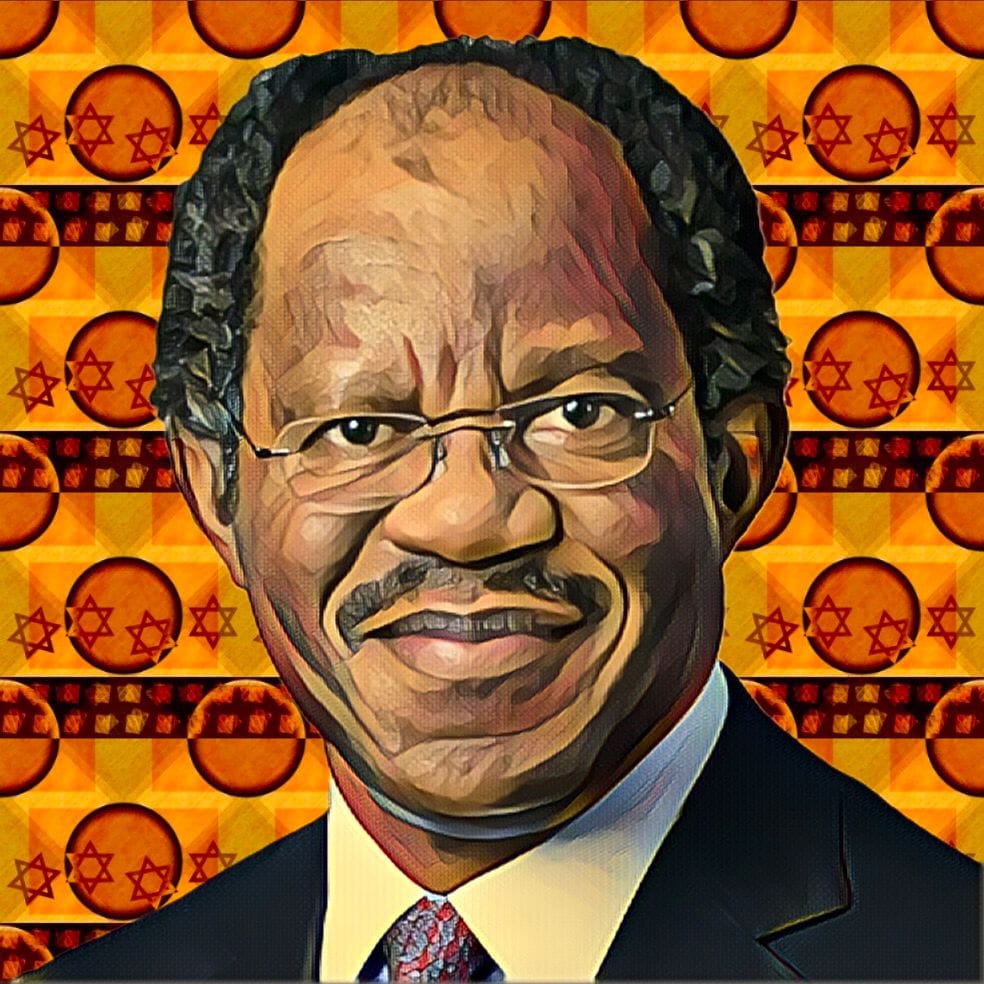
Net Worth: $2.3 billion
Sector: Infrastructure, Private Equity
Adebayo Ogunlesi, a Nigerian-born investment banker, made his fortune in infrastructure and private equity. He co-founded Global Infrastructure Partners (GIP), a firm that managed $100 billion in assets before its $12.5-billion acquisition by BlackRock in 2024. Under his leadership, GIP acquired London Gatwick, London City, and Edinburgh airports, along with stakes in ADNOC Gas Pipelines, Tower Vision India, and Atlas Renewable Energy. Ogunlesi also serves on Goldman Sachs’ board as lead director, further cementing his influence in global finance.
- Femi Otedola
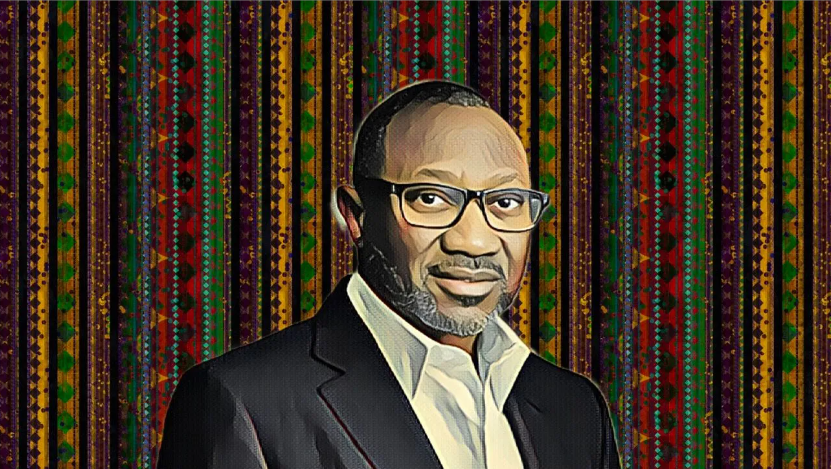
Net Worth: $1.7 billion
Sector: Oil and Energy
The strong man of Nigeria’s financial market, Femi Otedola, derives the majority of his fortune from his investments in energy and banking, with a 78.64 percent stake in Geregu Power Plc, the first power company listed on the Nigerian Exchange (NGX). His 13.16-percent stake in First Bank of Nigeria Holdings solidifies his presence in the banking sector. Over the years, he has built wealth through Zenon Petroleum, F.O. Properties Limited, and past ventures in shipping and oil marketing. While Forbes values his publicly listed assets at $1.7 billion, his private holdings, including luxury properties in Lagos, Dubai, London, and Monaco, suggest a higher net worth. His philanthropic efforts include a $14-million donation to Save the Children UK in 2019.
- Tope Awotona
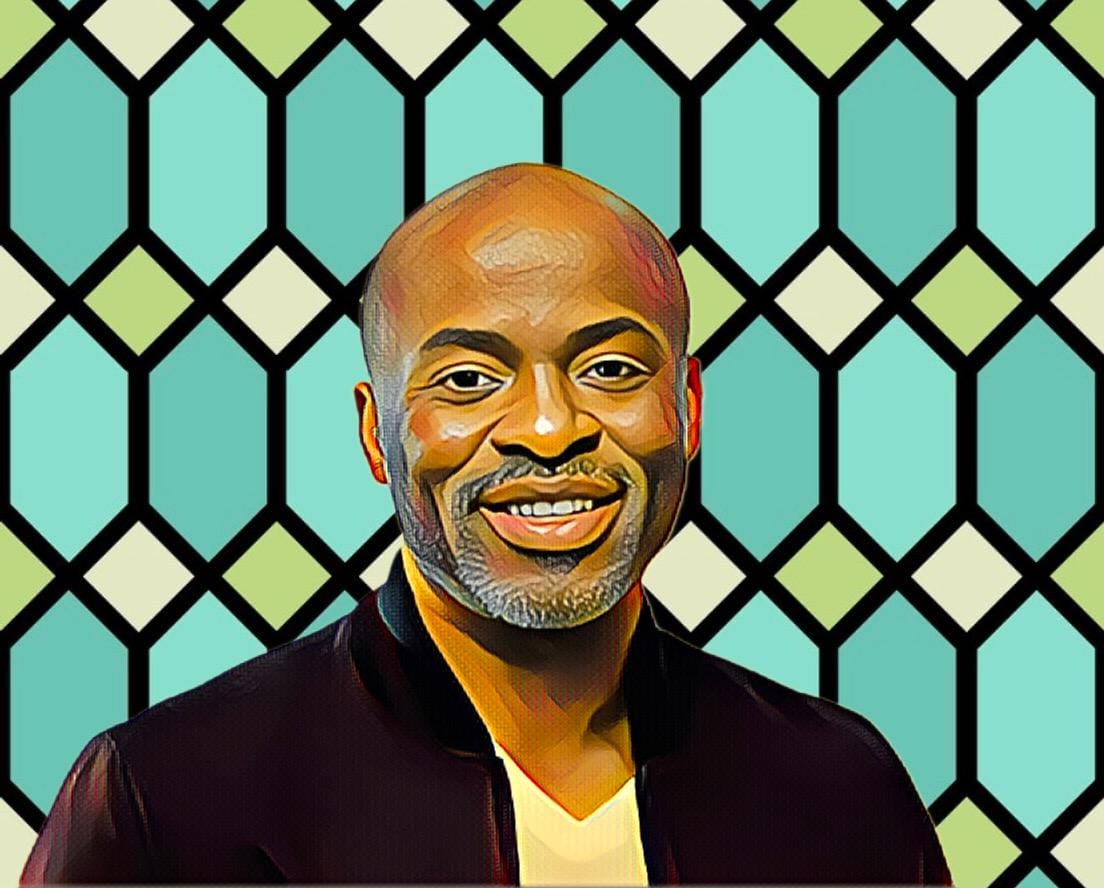
Sector: Technology
Net Worth: $1.4 billion
Tope Awotona built his fortune through Calendly, a scheduling software company valued at $3 billion. Investing $200,000 of his life savings, he turned Calendly into a global tech unicorn. His majority stake in Calendly accounts for most of his wealth, estimated at $1.4 billion. Awotona has also invested in startups like Vonza (a business platform for entrepreneurs) and Givebutter (a fundraising platform that has processed over $300 million in donations). As one of only two Black tech billionaires in the U.S., he advocates for diversity in tech.
- Folorunso Alakija

Net Worth: $1 billion
Sector: Oil, Fashion, Real Estate
Folorunso Alakija built her fortune through Famfa Oil, which holds a significant stake in the Agbami Oilfield alongside Chevron. She started in fashion, founding Supreme Stitches (now Rose of Sharon Fashion House) before transitioning into oil exploration. She also controls Dayspring Property Development Company, which owns high-end properties like Famfa Towers and Rose of Sharon Tower in Lagos. Her philanthropy includes the Rose of Sharon Foundation for widows and orphans and Flourish Africa, a platform for female entrepreneurs.
- Tony Elumelu
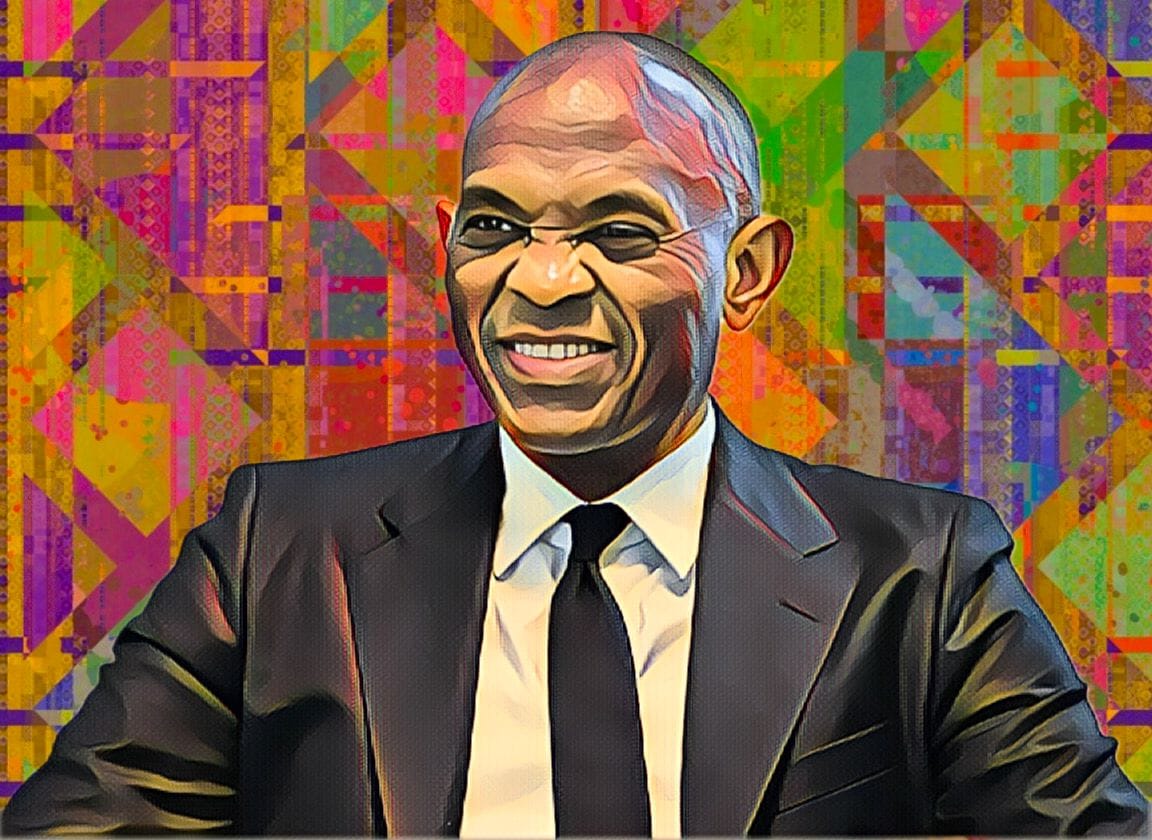
Sector: Financial Services, Energy, Hospitality, Technology, Healthcare
Net Worth: $700 million
Tony Elumelu is a major force in African finance, chairing the United Bank for Africa (UBA), which operates in 20 countries. He also leads Heirs Holdings and Transcorp, Nigeria’s largest publicly traded conglomerate. The oil business, Heirs Energies, owns OML17, a Nigerian oil block producing 50,000 barrels per day. Through the Tony Elumelu Foundation, he has funded thousands of African entrepreneurs.
- Jim Ovia
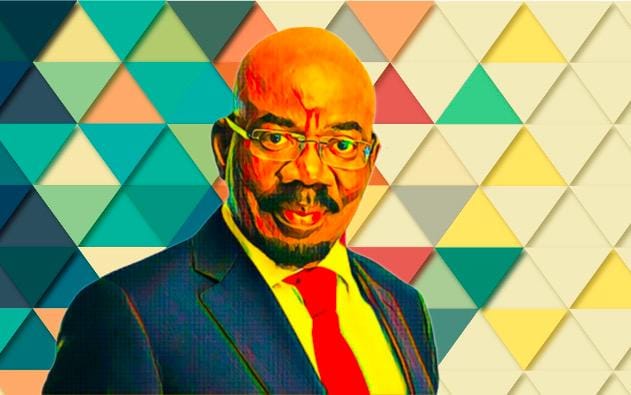
Sector: Banking and Real Estate
Net Worth: $550 million
Jim Ovia founded Zenith Bank, one of Nigeria’s largest financial institutions, where he remains the largest shareholder (16.2 percent). His investments extend into real estate, with prime properties across Nigeria. He previously owned Visafone, a mobile telecom operator acquired by MTN in 2016. His Jim Ovia Foundation funds scholarships and financial inclusion programs.
- Mohammed Indimi
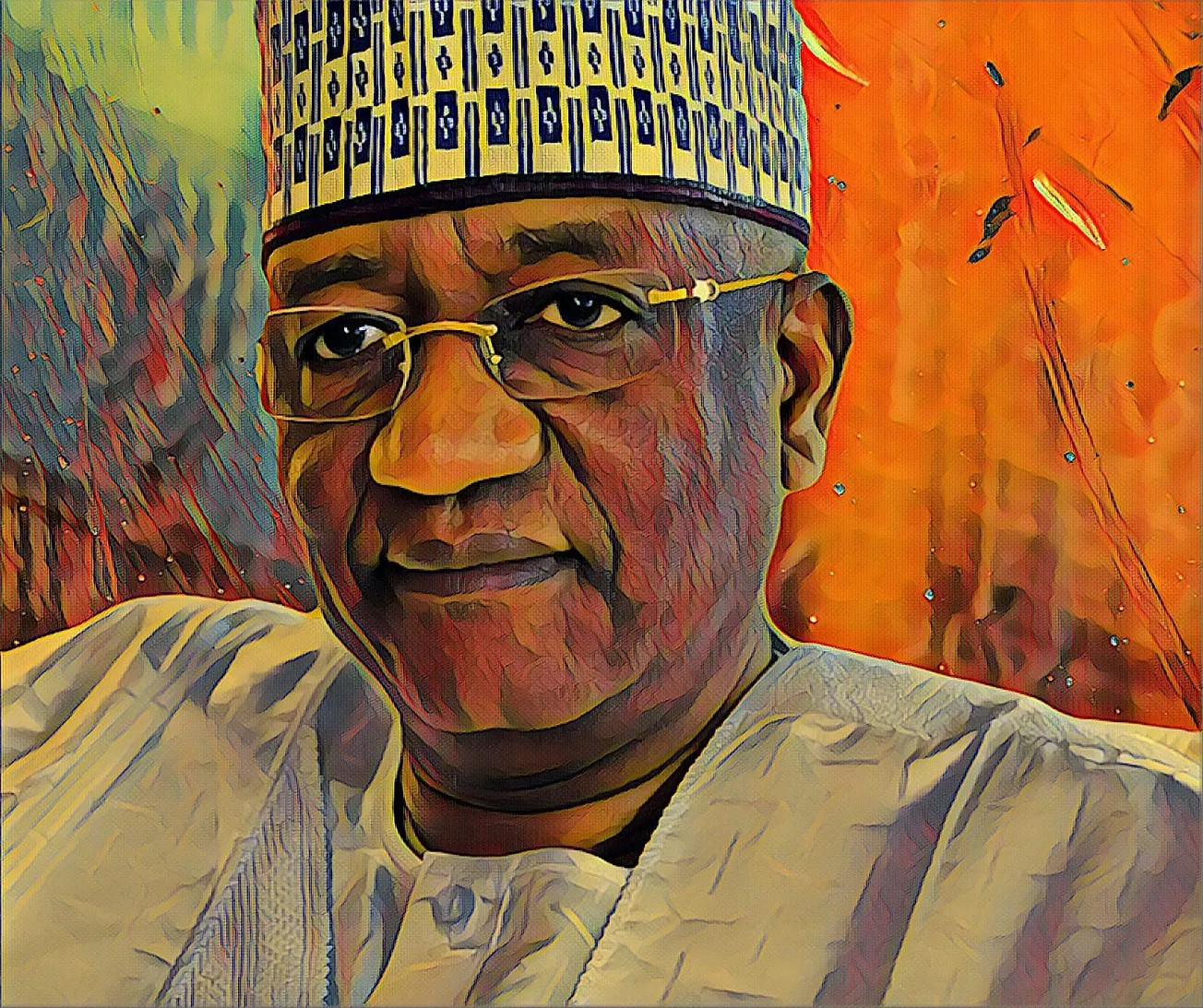
Sector: Oil & Gas
Net Worth: $500 million
Mohammed Indimi founded Oriental Energy Resources, an oil exploration and production company in Nigeria. Despite having little formal education, he built a thriving business with three offshore projects in the Niger Delta. His philanthropic initiatives focus on education and poverty reduction, particularly in northern Nigeria.









